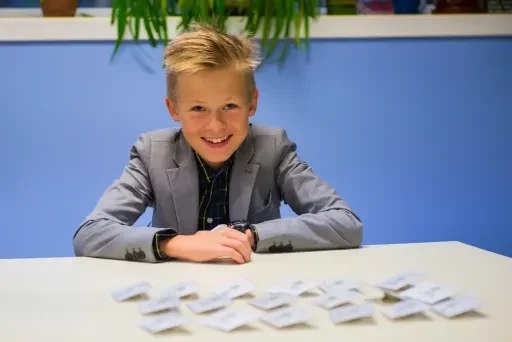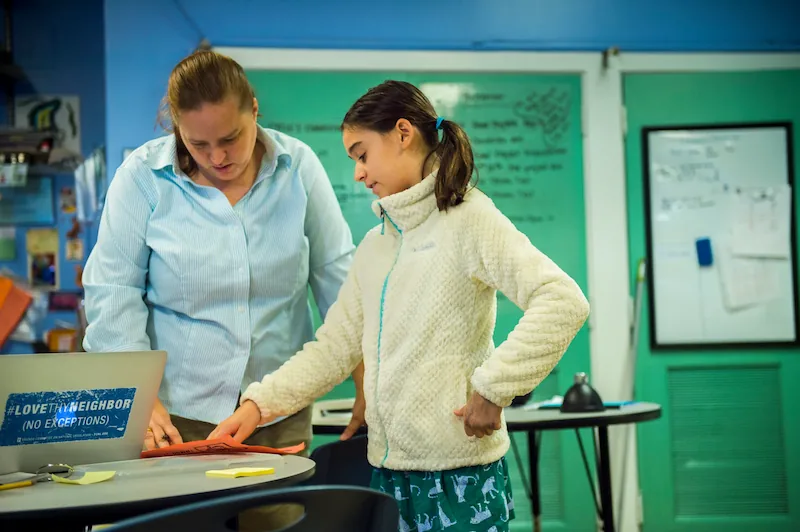Montessori Middle School in Chevy Chase
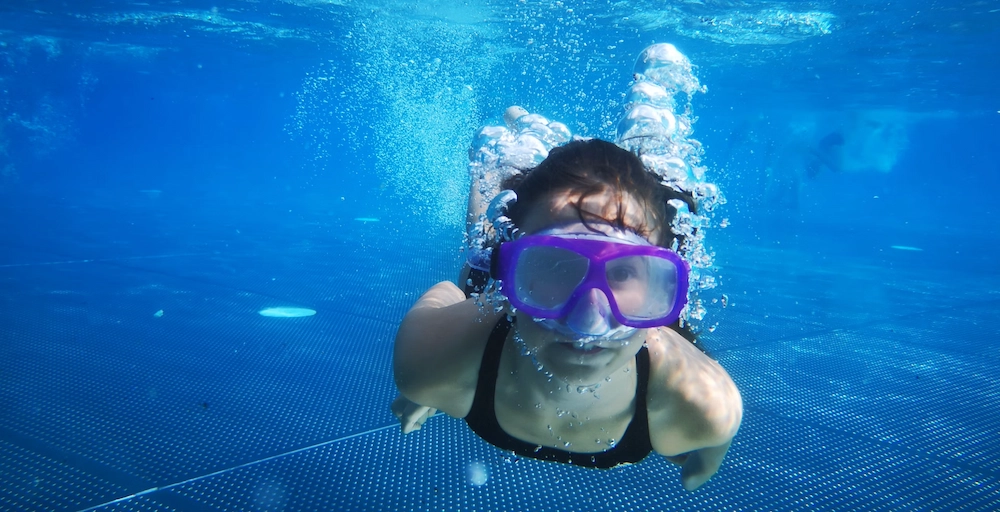 Montessori
Montessori
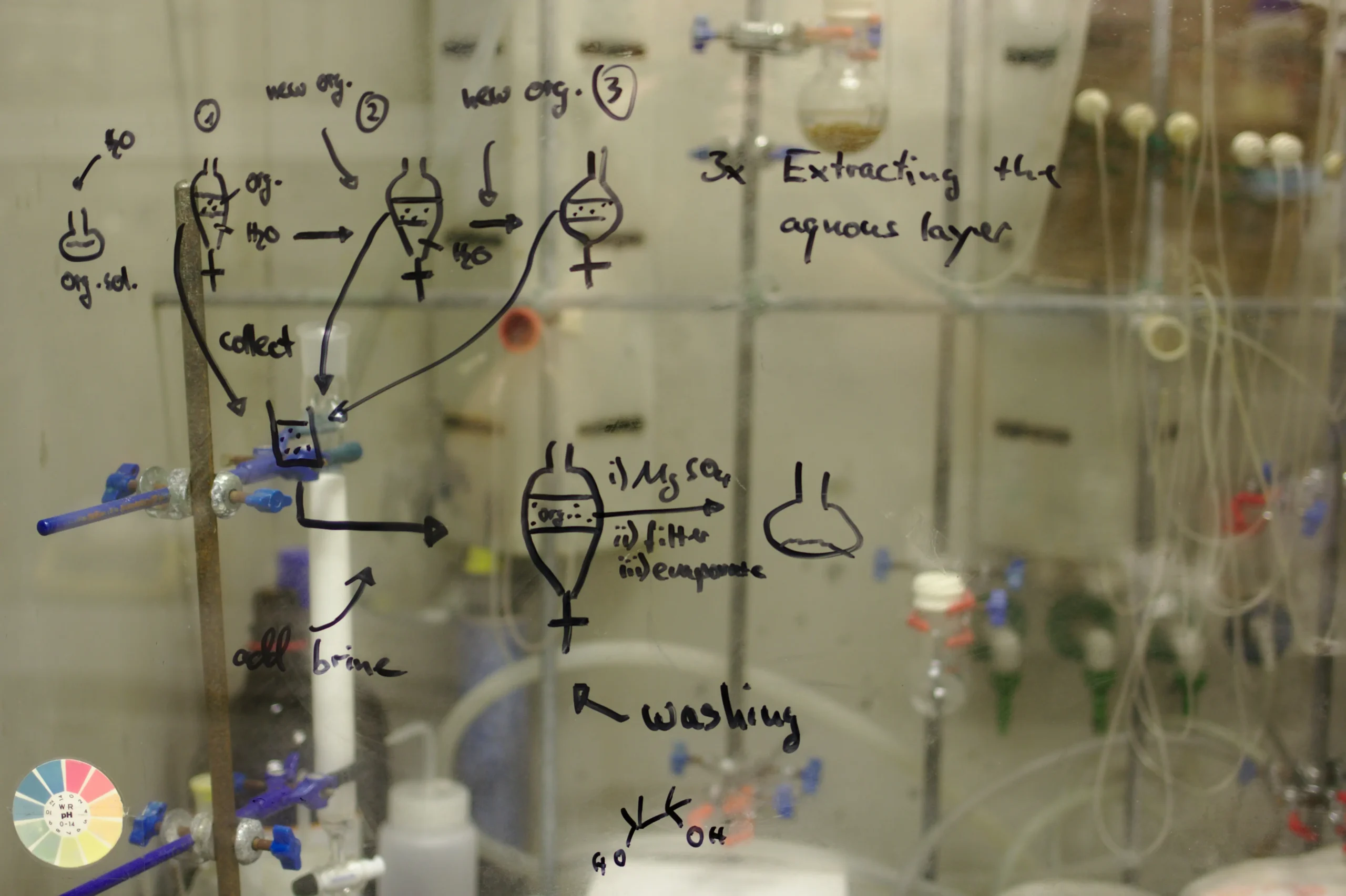
 Middle School
Middle School
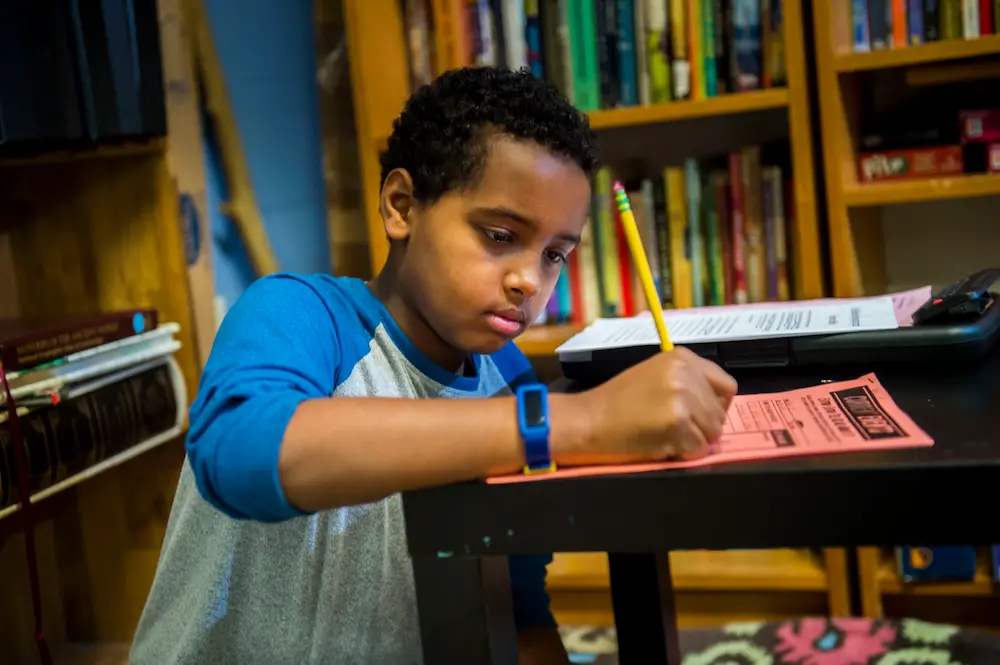
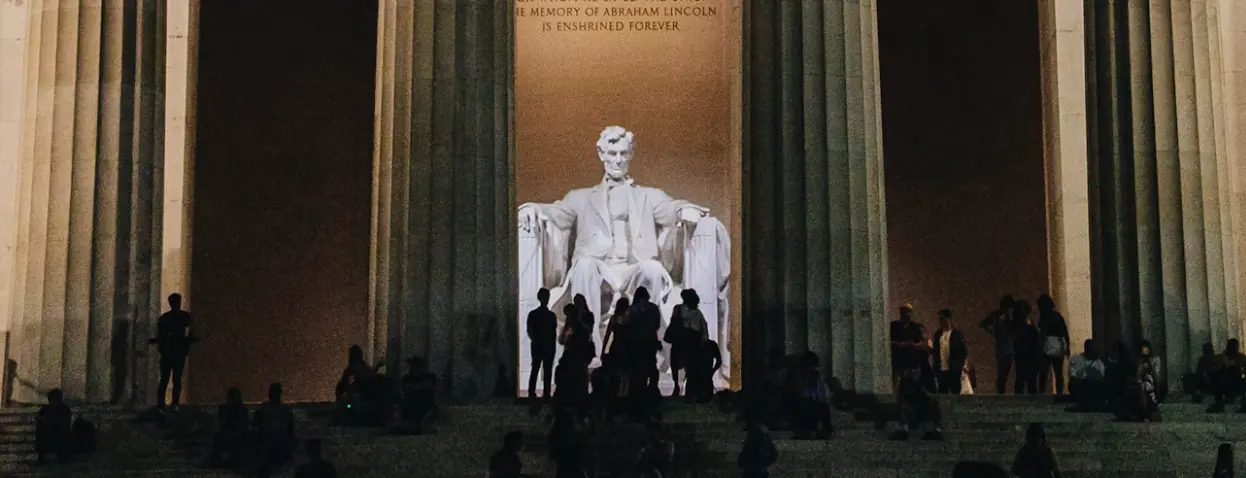 In Chevy Chase
In Chevy Chase

In the middle school years, the Oneness-Family School Montessori curriculum ties abstract concepts together with the information learned across subjects, equipping students to develop systematic and strategic, big-picture thinking skills.
Mind and Body
In addition to traditional sports, Ambassadors students take elective classes each Friday; options include yoga and tai chi, which develop mind-body awareness, promote personal well-being, and help support the brain for academic success.
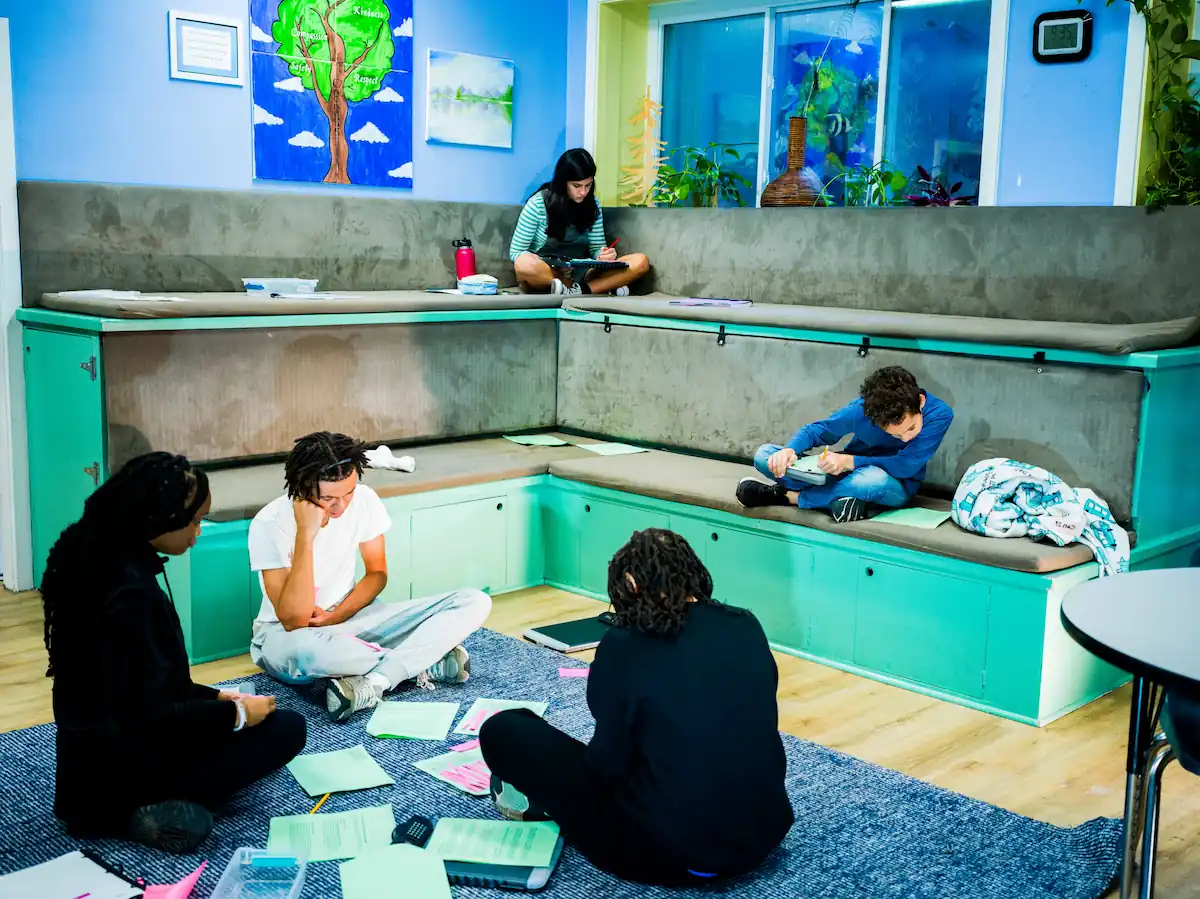
Middle school students move through themed cycles, exploring concepts through the lens of disciplines including literature, science, and social studies. Students plan and organize their work in consultation with teachers, helping them to establish the focused attention, time management, and organizational skills essential to success in higher education.
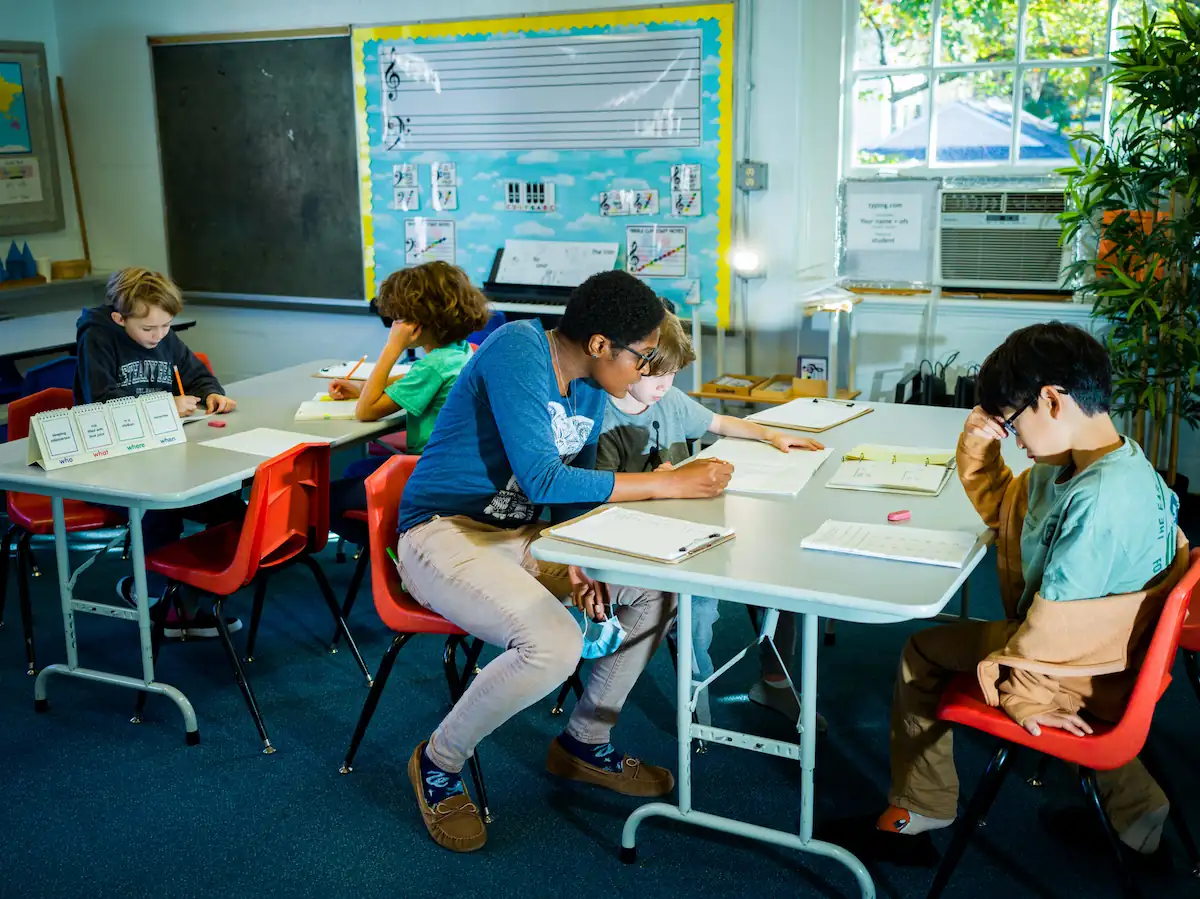
Internally motivated and empowered to learn as much and as quickly as they desire, our eighth graders enter high school at an advanced level in all academic disciples. Working collaboratively on group projects, they learn to lead and be accountable to the team, share responsibility, and gather input towards a common goal.
Quote: Felix Jäger
My favorite memory of OFS is probably all of the different teachers I had over the years. They were all formative for me in their own unique way and the environment they created let me explore a lot of the interests I had.
My favorite memory of OFS is probably all of the different teachers I had over the years. They were all formative for me in their own unique way and the environment they created let me explore a lot of interests I had. They also helped me develop a lot of skills such as proficient reading, maths and typing that all benefitted me greatly throughout my school years. Besides that, I loved our field trips in the old bus back in the 90s!
Felix currently works as a sound editor for films at Shepperton Studios near London, UK. There he mainly works on dubbing blockbuster films for the international market. His favorite parts of the job are getting to put his language skills to use and being able to see upcoming films many months before they hit the cinemas! He also does freelance photography on the side.

More Than Academics
Our middle-schoolers grapple with questions on “Who am I? Who am I in relation to others?” “Where do I fit into human society? How can I serve other members of this society?”
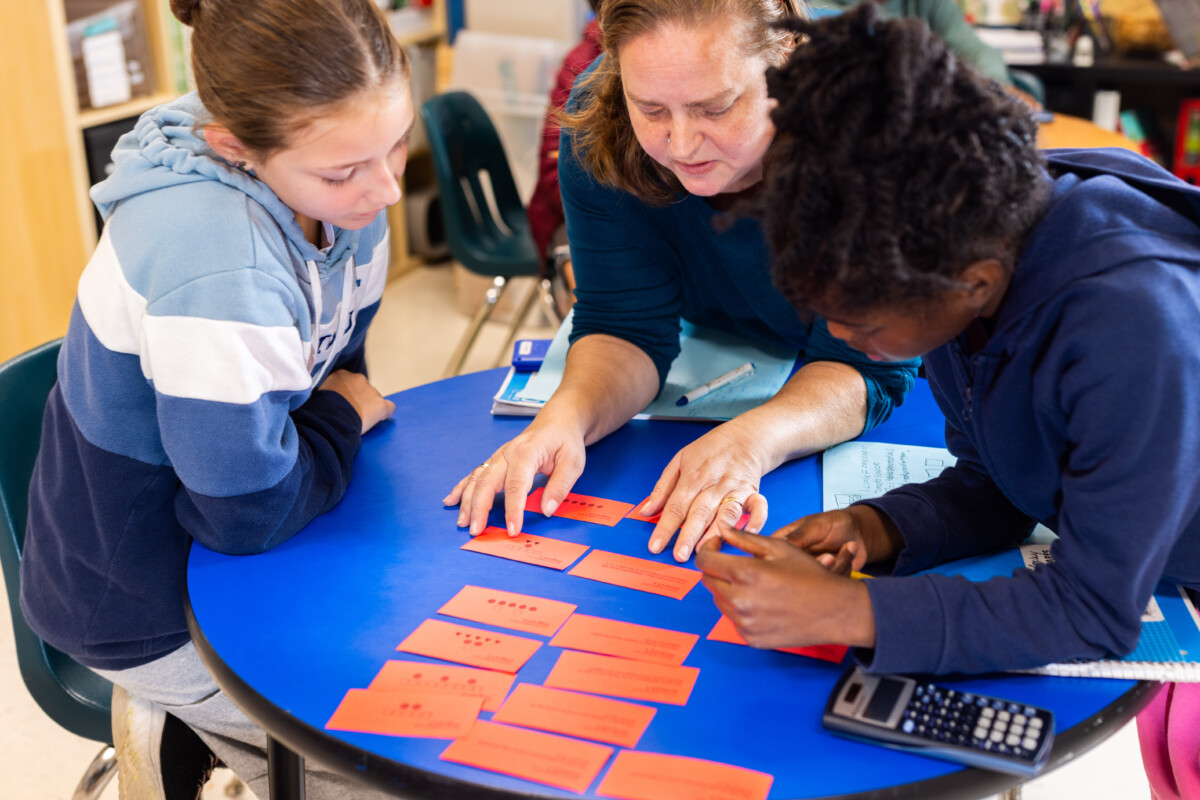
Evaluating and Solving Problems Together
Students are learning how to assess problems, engaging in processing skills as individuals and in groups.
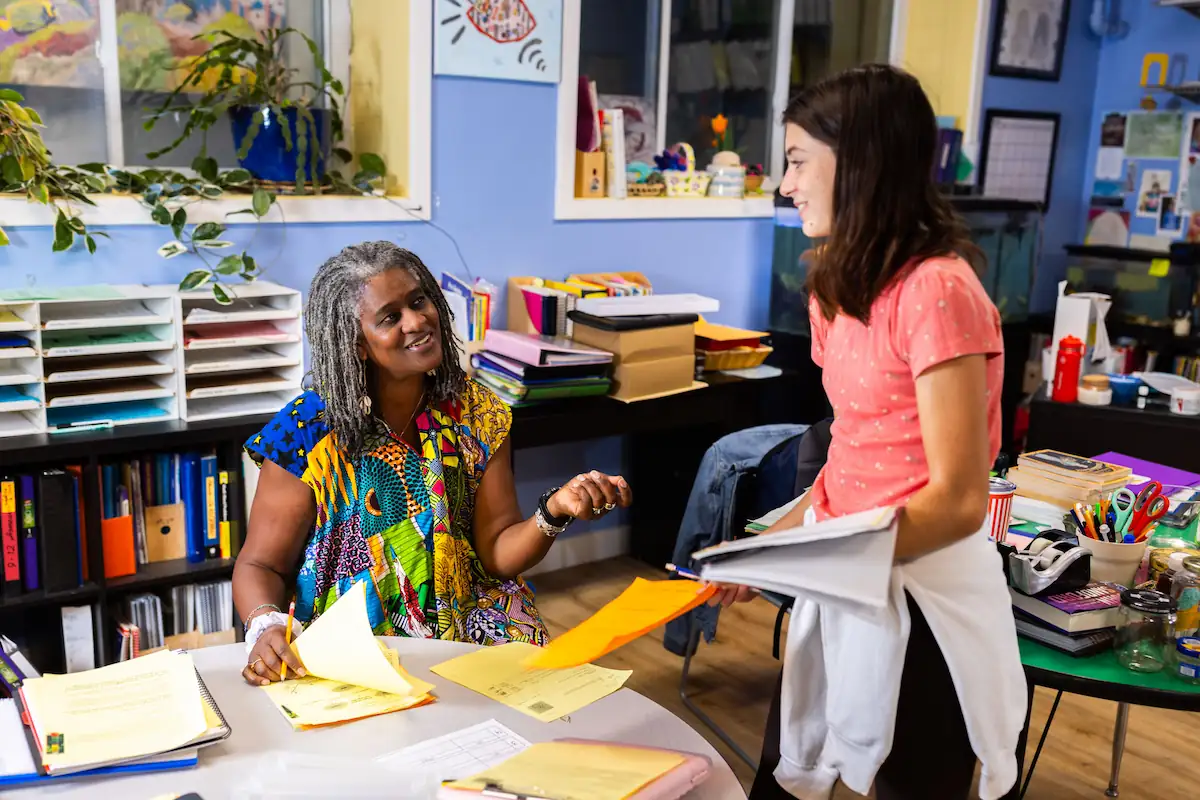
Preparing for High School
Students plan learning cycles in consultation with teachers, this helps them establish the organizational skills essential to success in higher education.
The Tools To Prepare For High School
The middle school curriculum ties abstract concepts together with the information learned across subjects so that students develop systematic and strategic, big-picture thinking skills in preparation for high school studies.
Meet your teachers
-
Hannah Chick
Middle School Teacher (Grades 6-8)
Email
Biography
A Howard Hughes fellow who was awarded the Merck Fellowship while at Earlham College while earning her B.A.in biology, Hannah joined the Oneness-Family School team in 2009. She has a Montessori Secondary I-II credential.
Prior to joining the faculty, Hannah worked at the Thornton Friends School in Silver Spring, MD, where she served as Dean of Students in the Middle School, and as a science teacher for middle school and high school students. There she developed a 3-year integrated science curriculum for Middle School with an environmental focus. In addition to courses in the earth, biological, and physical sciences, Hannah taught courses in photography, nature writing, writing, literature, and physical education.
Hannah lives in Mt. Rainier, MD with her husband, Ben, her two children, Wells and Paley, who both attend Oneness, and their cats, Charlie and Bandit. In her free time, Hannah enjoys spending time with family, going to the beach, and cooking.
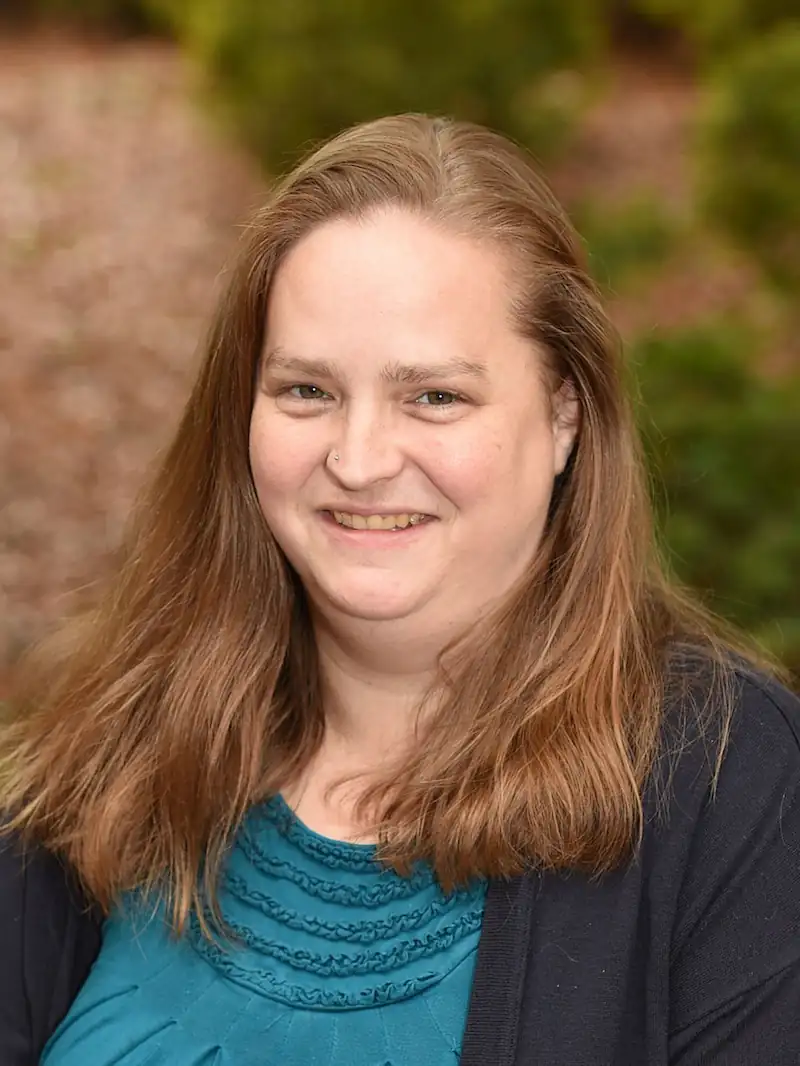
-
Pearl Brown
Middle School Teacher (Grades 6-8)
Email
Biography
Pearl applies her scientifically trained mind and poetry-writing heart to provide versatile teaching and mentoring to Middle School students.
The mother of five nearly grown boys, she enjoys teaching difficult concepts and seeing “the light come on” when students break through to higher understanding. She welcomes their daily interactions and the challenges young teens pose to her adult perspectives on life.
Known to employ, by turns, power and tenderness, and pressure and patience in the work to inspire and instruct, Pearl is often amazed when witnessing the journey that her students make from immaturity to maturity, in academics and as people.
Pearl holds a BA in Chemistry and has earned a Montessori Secondary I-II credential.
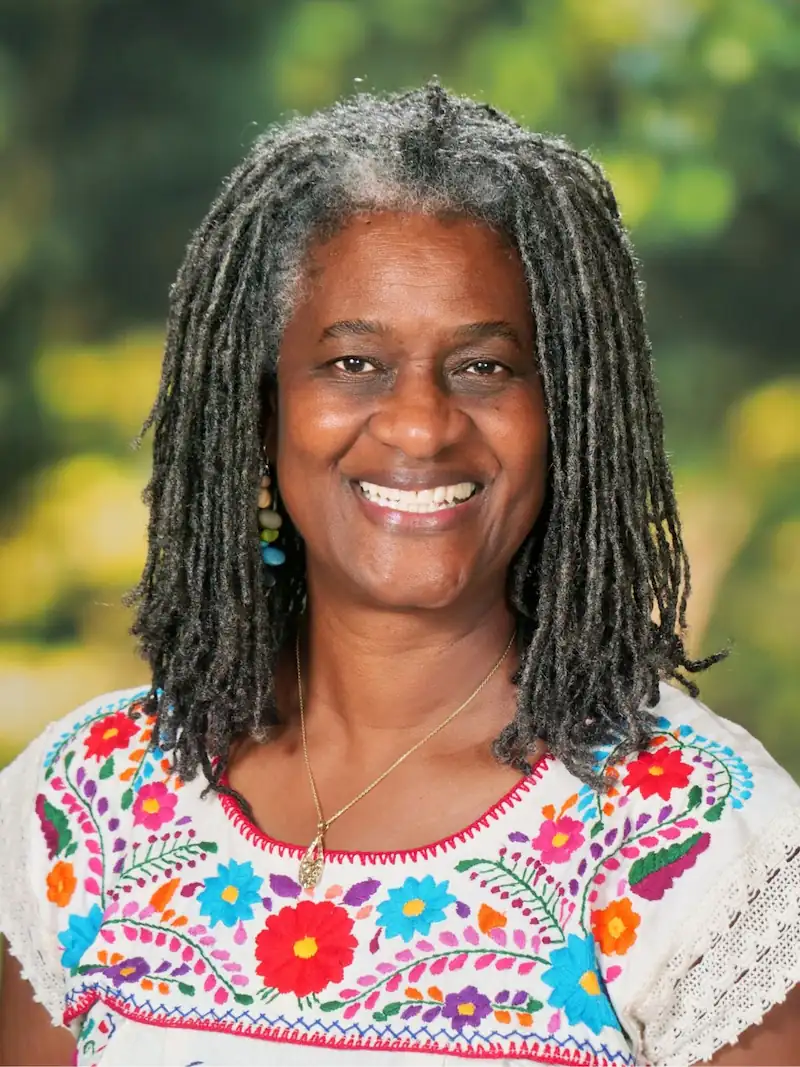
Take The Next Step
If you’re interested in learning more, we can arrange for you to visit the school and take a tour
Book a TourLearning Cycles & Benchmarks
Academic Curriculum
Cross-subject integration informs deeper academic studies in our Middle School and a challenging course of study in every subject is matched to the pace and ability of each student.
Math & Language
Mathematics features multiple levels, including a transitional course, pre-algebra, algebra, and geometry. Literature selections correspond to the themes covered in the social and science studies during each two-month learning cycle. Writing assignments deepen students’ creative engagement with the subject matter, and vocabulary work expands related language skills. Each student takes French, Spanish or Italian language lessons four times a week.
Science
The three year Science curriculum covers biology, which concentrates on cells, animals, and humans, and how we are related to other living things; physics, which concentrates on forces, motion, energy conversions, and human interactions with non-renewable and renewable sources of energy; and chemistry, which concentrates on the composition of matter and the interactions between matter and energy.
Social Studies & Geography
The three year Social Studies and Geography curriculum covers Africa, Asia, and Latin America from ancient times through the Middle Ages, with a focus on the impacts of isolation and invasion on culture and economics; U.S. history from the American Revolution through the Civil War, with a focus on revolutions and the causes of war; and European history from the Middle Ages through the Renaissance, with a focus on the Abrahamic religious traditions’ contributions, conflicts, and commonalities.
Students embark on trips that are related to the curriculum each year. Past destinations include the desert Southwest of the U.S., Philadelphia, Puerto Rico, and London.
Learning Cycles
The middle school curriculum ties abstract concepts together with the information learned across subjects so that students develop systematic and strategic, big-picture thinking skills.
Each year, the Ambassadors program moves through four, themed cycles on concepts such as Connections, Identity, Development, and Interdependence. Students explore each concept through literature, science, and social studies. By graduation, they have studied 12 themes at the highest level of the school’s cross-subject approach.
Students plan and organize each two-month learning cycle in consultation with their teachers. This process helps them establish the focused attention, time management, and other organizational skills essential to success in higher education.
Working collaboratively on group projects, they learn to lead and be accountable to the team, share responsibility, and gather input to achieve a common goal. Presentations must meet guidelines for effectiveness, accuracy, and creativity and they are evaluated by peers and graded by teachers. The communication skills built through this process are a notable characteristic of OFS graduates.
Internally motivated and encouraged to learn as much and as quickly as they desire, our eighth graders graduate at a very high level of math, science, English, and foreign language achievement. They also possess an understanding of the meaningful use of knowledge.
Assessment
Middle School students at OFS score in the 90th percentile on the Stanford 10 Achievement Test in both math and reading, well above the U.S. national average.
The strong student-teacher relationship and our Montessori focus on the student’s being the driver of the educational process are the foundations of this success.
Sixth to eighth graders are grouped according to ability level in math and literature, regardless of grade. Teachers perform regular assessments of each student based upon class presentations, weekly assignments, and quizzes and tests. Four progress reports and three parent-teacher conferences per year review each child’s academic progress and social-emotional development.
Self-evaluation is emphasized at the Middle School Ambassador level. Students complete self-assessments after each learning cycle and undergo peer evaluations for group presentations. They also curate a portfolio of their best work every year.
Overall, the assessment process for sixth to eighth graders reinforces central tenets of the school: to value learning; to honor each person’s talents; and to contribute one’s best to human society. Our goal is for every student to be challenged to her or his ability level and embrace the continual growth and learning that we call self-transcendence.
Assessment Approach
Tracking is done on each individual student’s progress by grade and subject following the school’s annual subject goals and a scope and sequence developed by Dr. Montessori. Tracking is based on conversation, presentation, observation, self-assessments, and student portfolios, and progress is shared in detailed reports.
Quote: Martin Tamang (’24)
From the moment I stepped into my new classroom, I was met with nothing but warm welcomes and smiles.
Martin shares his 8th-grade graduation speech, given on June 6, 2024.
For the past 7 years of my life, I have been a student at 3 different public schools. There were 25 kids crammed together at desks in one classroom being taught by a single teacher. In 6th grade, there were 7 different subjects that were taught in intervals of 45 minutes with only 5-minute transitions in between each class and a 25-minute lunch break. Every. Day. It was exhausting. I hated school. The noise, the repetitive work, state testing, the mean people, it was all too much for me.
My mother noticed how exhausted I was getting, so she enrolled me at Oneness for 7th and 8th grade. She wanted me to have a new start. At the time, I thought that it was the worst decision she had ever made for me. I didn’t want a new start; change was my worst enemy, and I figured that it wouldn’t make a difference anyway. I thought it would be the same thing in a different place.
But it makes a big difference. From the moment I stepped into my new classroom, I was met with nothing but warm welcomes and smiles. There were two teachers, Pearl and Hannah, for a classroom of just 18 kids, and they were extremely caring and accommodating. They were always there when I needed extra help on an assignment or I didn’t understand math questions. Oneness has not only helped me academically, but it has also helped me build my social skills, efficiency with working with other people, and, most importantly, being who I am. I will carry these lessons with me for the rest of my life.
As I step out of the ambassador classroom as a student one last time, I will forever be grateful for the lessons I learned, the memories I made, and the friends I met and have made along the way. I have been a part of so many beautiful moments and I will cherish these memories forever.
Thank you.
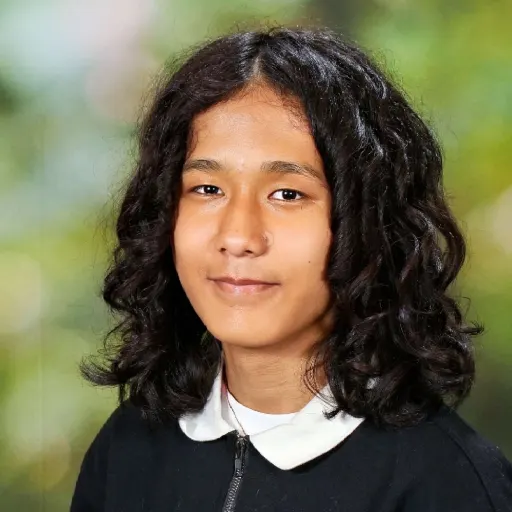
Explore The classroom
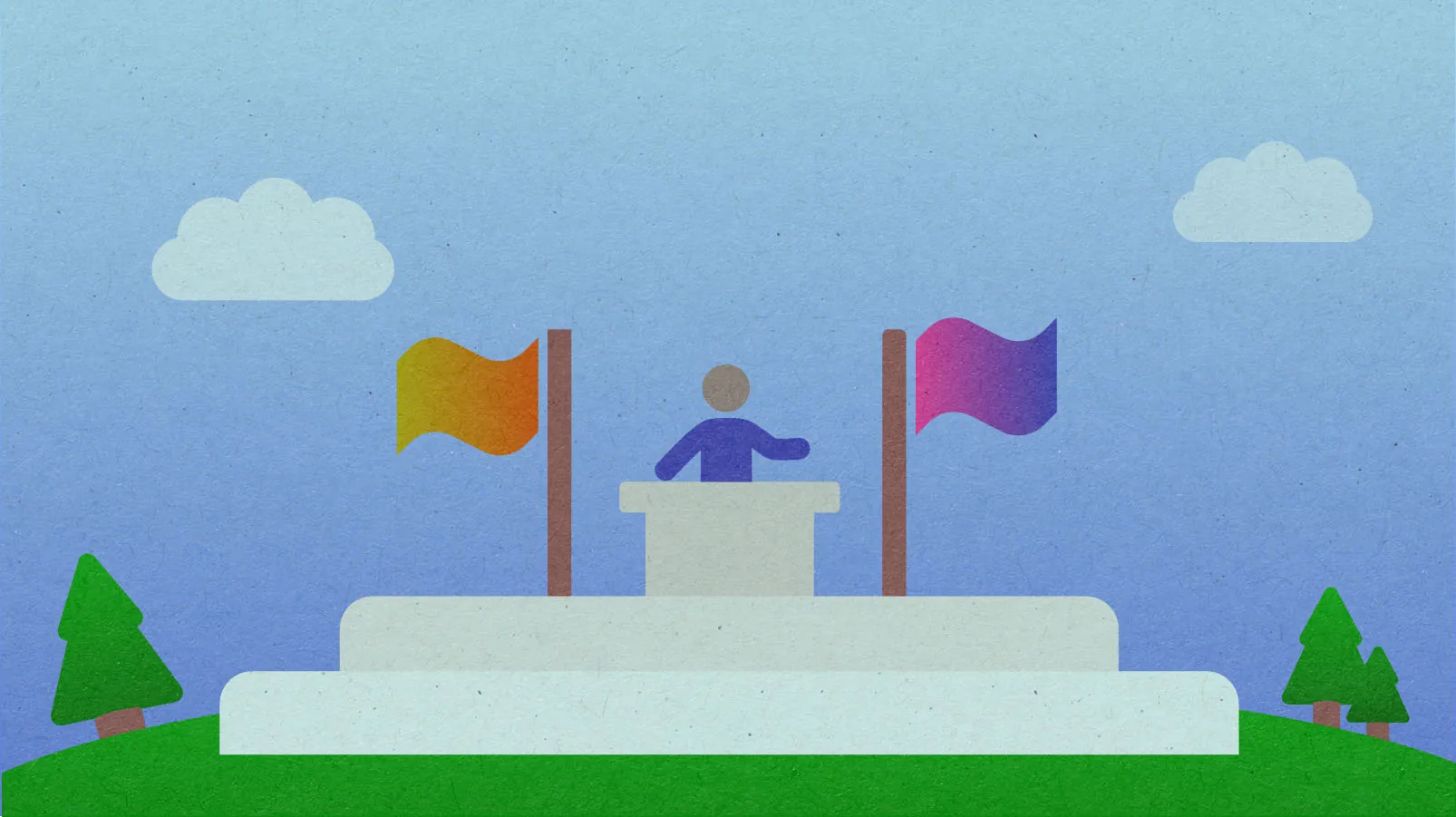
Ambassadors
Ambassadors is the classroom space where our Middle School Curriculum is taught. The program is characterized by a student-centered approach that enables students to manage time, exercise choice, organize themselves and practice self-regulation within the classroom.


